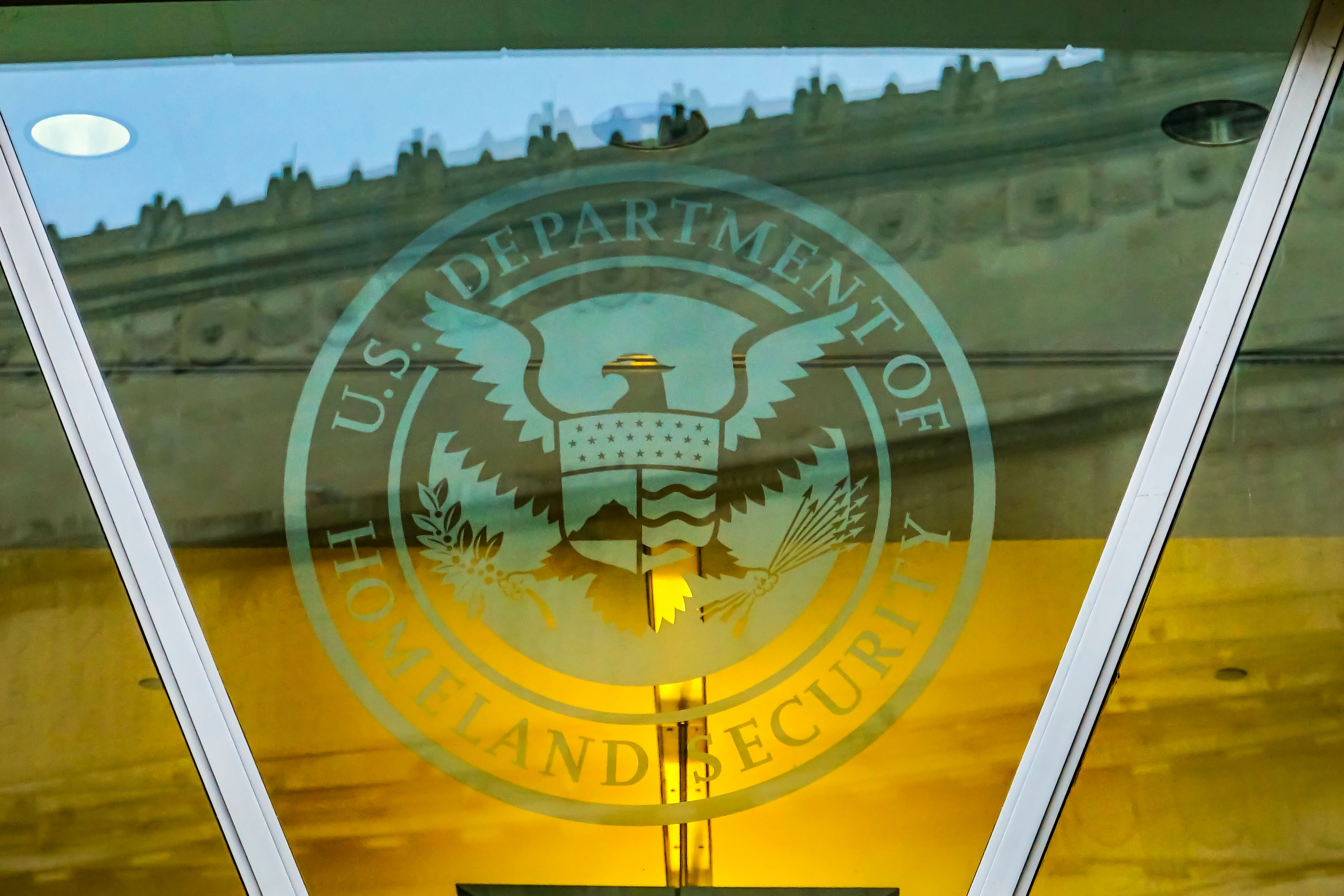
Key Points:
- The Estonian creators of HashFlare were mistakenly instructed by DHS to self-deport, conflicting with a court order requiring them to stay in Washington state until their sentencing in August.
- Ivan Turogin and Sergei Potapenko, who admitted guilt for a Ponzi scheme defrauding investors of $577 million, received alarming emails from DHS despite being extradited to the U.S. for legal action.
- The DOJ worked with DHS to postpone the deportation order for one year, ensuring that their sentencing could continue as initially planned.
Just four months before facing sentencing for their $577 million cryptocurrency Ponzi operation, the two Estonian co-founders of HashFlare received a misdirected order from the U.S. Department of Homeland Security (DHS) to leave the country—contradicting a court directive for them to remain in Washington until they are sentenced in August.
In a joint correspondence to the court, their attorneys informed District Judge Robert Lasnik of the Western District of Washington that both individuals had received “disturbing communications” from DHS insisting upon their immediate departure from the country.
An email dated April 11 warned them: “It is time for you to leave the United States. DHS is terminating your parole. Do not attempt to remain in the United States - the federal government will find you. Please depart the United States immediately.”
This email warned of potential consequences such as criminal prosecution or civil penalties if they chose to stay in the country, similar to notifications received by undocumented immigrants recently.
Ironically, Turogin and Potapenko did not come to the U.S. voluntarily; they were extradited from Estonia in 2022 based on an indictment concerning their HashFlare scheme. Although they initially pleaded not guilty, they later changed their plea to guilty for a count of conspiracy to commit wire fraud, carrying a maximum penalty of 20 years in prison, agreeing to forfeit over $400 million in assets. They have been under bond in the Seattle area since last July.
Attorney Mark Bini, representing Potapenko, noted in the joint letter that DHS’s communications had caused his clients considerable anxiety. He stated, “we and our clients have all seen recent news. Immigration authorities make mistakes, and individuals who should not be in custody end up in custody…”
Just days later, the DOJ communicated to the court that they had coordinated with DHS’s Homeland Security Investigations and secured a deferral of the deportation order for a year.
DHS did not provide a response regarding this incident. Sentencing for Potapenko and Turogin is scheduled for August 14 in Seattle, with their lawyers expected to request time served and immediate return to Estonia.


